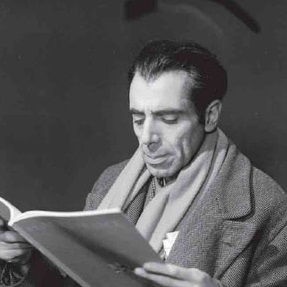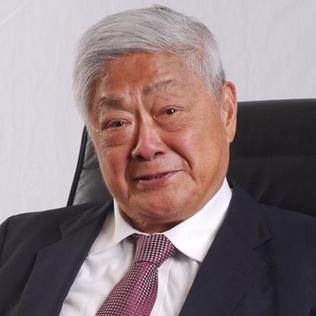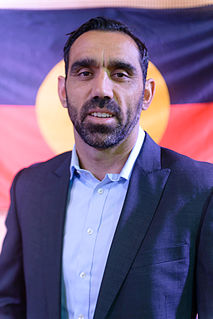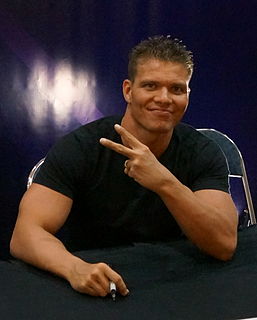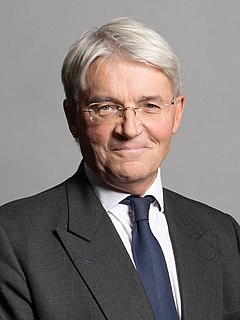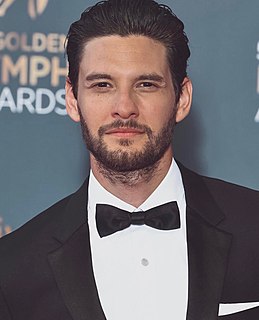A Quote by Stacey Solomon
I went to a Christian primary school where I felt included and no different to my peers.
Related Quotes
History has brought us to the point where the Christian message is thought to be essential concerned only with how to deal with sin: with wrongdoing or wrong-being and its effects. Life, our actual existence, is not included in what is now presented as the heart of the Christian message, or it is included only marginally.
A Christian boy or girl can learn mathematics, for example, from a teacher who is not a Christian; and truth is truth however learned. But while truth is truth however learned, the bearing of truth, the meaning of truth, the purpose of truth, even in the sphere of mathematics, seem entirely different to the Christian from that which they seem to the non-Christian; and that is why a truly Christian education is possible only when Christian conviction underlies not a part but all, of the curriculum of the school.
At school I pretended I had a normal life, but I felt lonely all the time and different from everyone else. I never felt like I fit in, and I wasn't allowed to participate in after-school activities, go to sports events or parties or date boys. Many times I had to make up stories about why I couldn't do anything with my classmates.




